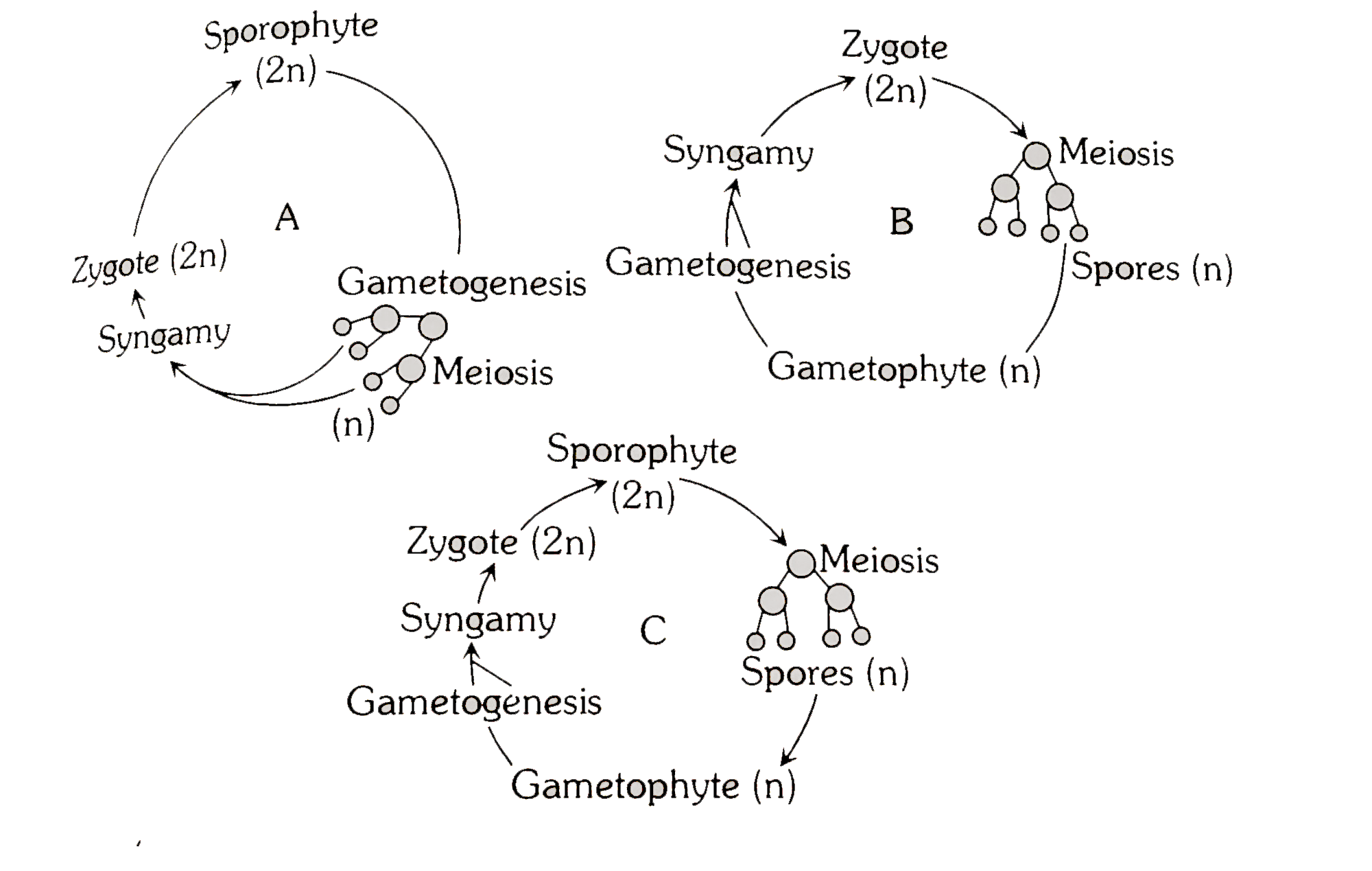Which of the following represents the sedimentary type of nutrient cycle?
Nitrogen
Carbon
Phosphorus
Oxygen
To determine which of the following represents the sedimentary type of nutrient cycle, we can follow these steps:
1. Understand Nutrient Cycles: Nutrient cycles are the pathways through which essential elements and compounds circulate in ecosystems. They can be classified into two main types: gaseous cycles and sedimentary cycles.
2. Identify Sedimentary Cycles: Sedimentary cycles are characterized by having their main reservoirs in the Earth's crust. This means that the nutrients involved in these cycles are primarily stored in soil and rock.
3. Characteristics of Sedimentary Cycles: The sedimentary cycles are generally slower and less dynamic than gaseous cycles. In these cycles, elements can be locked into their reservoirs for extended periods, which means they may not be readily available for biological uptake.
4. Examples of Nutrients in Sedimentary Cycles: Common nutrients that follow sedimentary cycles include elements like calcium, phosphorus, and iron. These elements are typically found in solid forms within the Earth's crust.
5. Contrast with Gaseous Cycles: In contrast, gaseous cycles involve elements that are present in gaseous form in the atmosphere, such as carbon, nitrogen, and oxygen. These cycles are more dynamic and allow for quicker exchanges between the atmosphere and living organisms.
6. Identify the Correct Answer: Given the options, we need to identify which nutrient is primarily involved in a sedimentary cycle. Among the common nutrients, phosphorus is known to be a key element in the sedimentary cycle, while nitrogen, carbon, and oxygen belong to gaseous cycles.
7. Conclusion: Therefore, the correct answer to the question of which nutrient cycle is sedimentary is phosphorus.
Final Answer:
The sedimentary type of nutrient cycle is represented by phosphorus.
The sedimentary type of nutrient cycle is represented by phosphorus.
Topper's Solved these Questions
- ECOSYSTEMBOOK - VMC MODULES ENGLISHCHAPTER - ECOSYSTEMEXERCISE - ENABLE
50 Videos
- ECOSYSTEMBOOK - VMC MODULES ENGLISHCHAPTER - ECOSYSTEMEXERCISE - EFFICIENT
49 Videos
- BIOTECHNOLOGY AND ITS APPLICATIONS BOOK - VMC MODULES ENGLISHCHAPTER - BIOTECHNOLOGY AND ITS APPLICATIONS EXERCISE - IMPECCABLE
51 Videos
- EVOLUTION BOOK - VMC MODULES ENGLISHCHAPTER - EVOLUTION EXERCISE - IMPECCABLE
54 Videos
Similar Questions
Knowledge Check
Which of the following does not represent a type of crystal system ?
ATriclinicBMonoclinicCRhombohedralDIsotropical
Which of the following pairs is an example of the sedimentary type of biogeochemical cycle?
View SolutionWhich of the following is present in Calvin Cycle.
View SolutionWhich of the following options are correctly represents the type of life cycle patterns given below.

View SolutionWhich of the following process helps in nutrient conservation
View SolutionWhich of the following process helps in nutrient conservation
View SolutionWhich of the following needs not be used while preparing a basal nutrient medium ?
View SolutionWhich of the following is not the function of iron as nutrient in plant ?
View Solution
